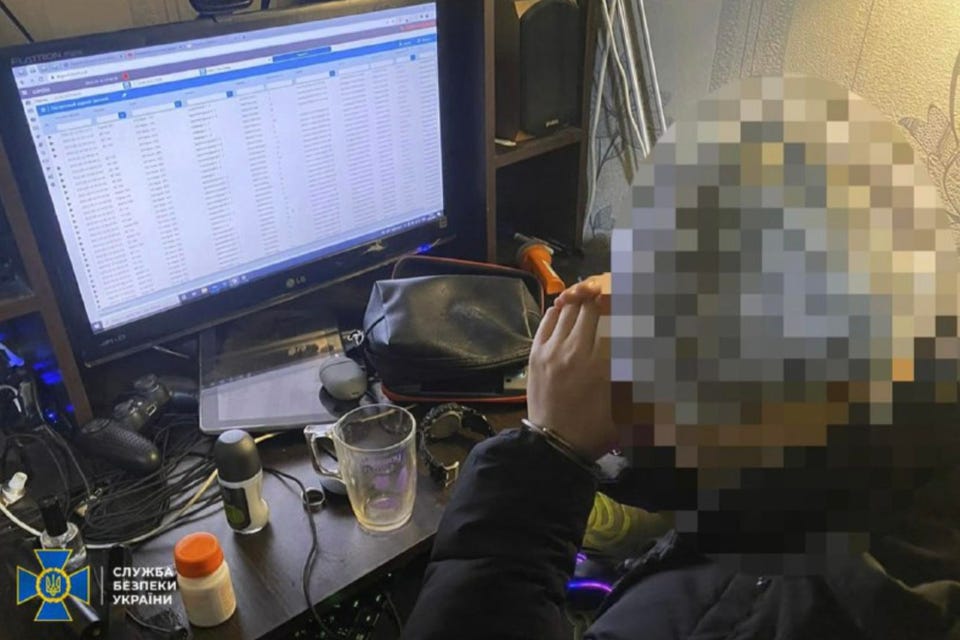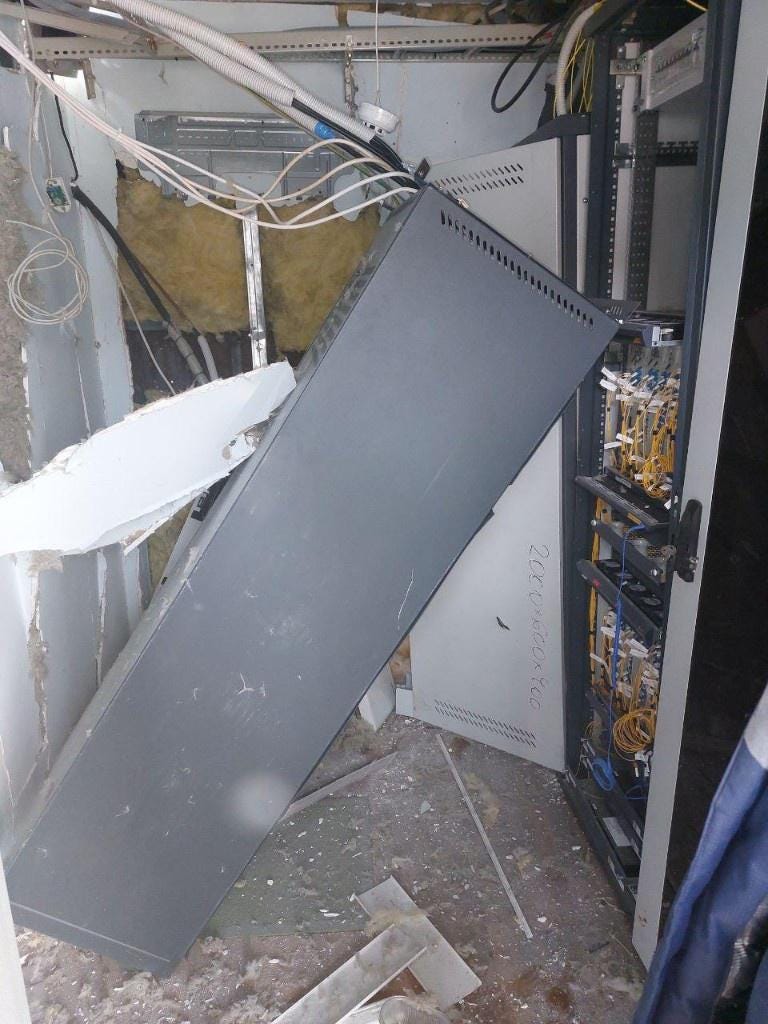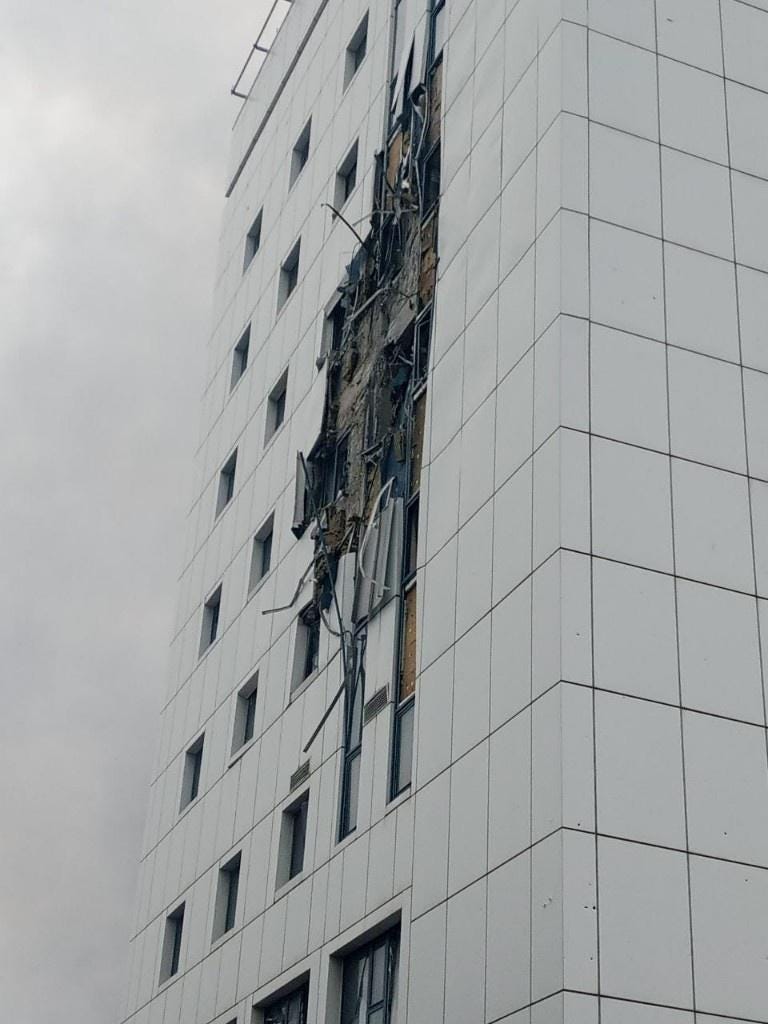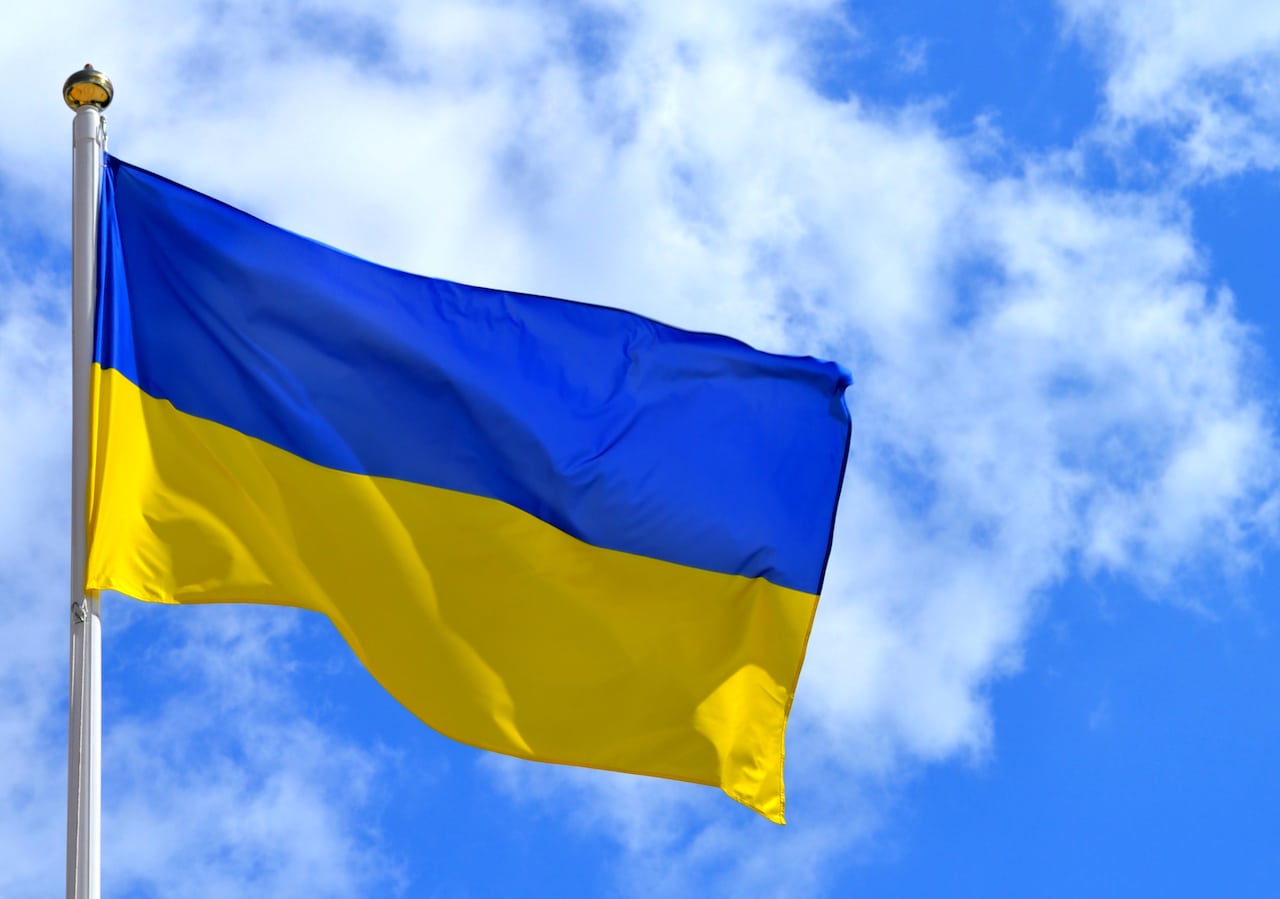The War in Ukraine continues: internet provider they are targeted as citizens strive to keep the country online, risking their lives with bombs and hackers.
War in Ukraine: bombs and hackers hit the country’s internet providers



On the streets of Kievalong the bombed streets of Kharkivin the rubble strewn ruins of Mariupol, fallout shelters and exploded basements and base stations, the internet technicians of Ukraine are engaged.
Their employers have seen digital infrastructure targeted both by bombs that you give hackerwhich turned off the equipment in early days of the Russian invasion and connectivity threatened in the following days and weeks.
The images sent to Forbes by Kyivstar show what condition they are currently in. Despite the hustle and bustle and destroyed internet cables, fire-blackened data centers, curfew, lack of light and the danger of death from above, some citizens they do what they can to keep the country connected. Only in this way can Ukrainians stay in touch with each other and spread the word across borders. Their government calls them the “Invisible heroes” of war, as they enter dangerous places for replace e update the equipment.
As their technicians risk their lives to keep Ukraine online, the once-rival telecom companies they are teaming up to help keep the lines open. Last week, Kyivstar, Vodafone Ukraine e Lifecell they have launched “national roaming”. This means that subscribers can quickly switch to other operators’ network if their primary provider fails.
They are also helping law enforcement to locate the dishonest operators that in reality, they are helping the Russians in the country to stay connected. On Tuesday, the country’s security services said a “hacker” was arrested for providing “the occupiers with mobile communications in Ukraine”.
Telecom providers targeted
In recent days, Forbes has learned more about a sustained cyber operation targeting the telecommunications providers of Ukraine. Last week, it emerged that the systems of Triolan they had been reset to factory settings when the hackers struck for the second time; the first time when Russia launched its assault on February 24.
Both caused disruptions, which persist to this day, albeit every day Triolan updates users on Telegram with their progress. Tuesday, others 200 homes in Kiev got the internet back.
No other telecommunications company has reported serious deterioration in services from a cyber attack, however. Collectively, companies have, for the most part, repelled the attacks and quickly recovered from physical destruction.
Ukrainian government agencies and targeted internet providers did not attribute the cyberattacks to amilitary agency o di intelligence. The situation is quite complex and some of them have even been hesitant to point the finger at Russia, even if that would be the most obvious candidate. Victor Zhora, Deputy of the State Service for Special Communications and Information Protection, said:
No doubt our opponent has tried to probe all internet service providers. […] This war is probably the first case in history where the importance of communications, of keeping them online, is so high. This probably explains why Ukraine continues to successfully resist this aggression.
Just as Ukraine remains vigilant in the face of air strikes and bombings, it will have to keep your guard up in the cyber realm. There has been a collective bewilderment over Russia’s restrained approach to the cyber side of its war. But the attacks are increasing.
According to data released by cybersecurity firm Check Point, the average of weekly attacks by organization in Ukraine, across all sectors, has increased by 20% since the start of the conflict.















Leave a Reply
View Comments